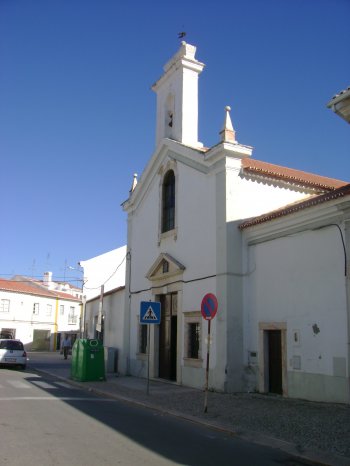Explore the best places
Monuments in Borba
Igreja de São Bartolomeu
- heritage
Rua de São Bartolomeu
7150-162, Borba
Built by master João Fernandes reveals Renaissance, Mannerist traits, and Gothic forms. The facade is topped by a triangular pediment and has the image of Saint Bartholomew. In the portal are the ionic columns that are based on ornate pedestals with the symbol of the martyrdom of the apostle. Inside the Church is of extreme beauty, especially the scenes from the life of Christ and varied reasons such as angels, birds, flowers, fruit and landscapes. Enhancement for the marbles and the Golden carvings, especially those of the high altar, designed by the master Manuel Nunes.
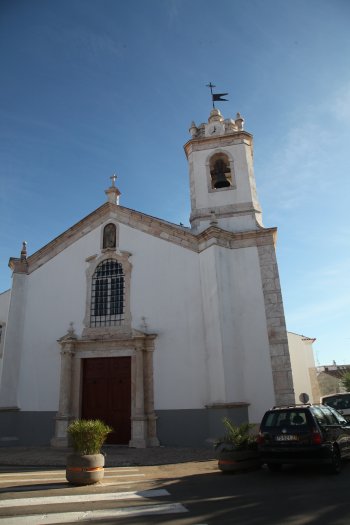
Igreja de São Sebastião
- heritage
Rua de São Sebastião
7150-143, Borba
The Church consists of nave and chancel with square vestry. Inside you can see three altars, small excerpts of mural paintings of geometric motifs and a main altarpiece in marble. Interior of unusual richness to a Hermitage. Today is also the funeral parlour.
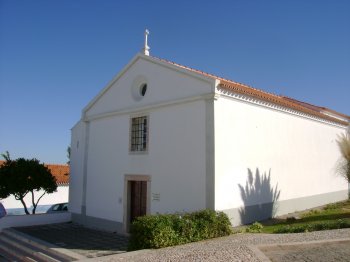
Igreja de Orada
- heritage
Largo da Igreja
7150-308, Orada
Church of white facade and with fine shot in blue, with three arches on the porch, which was founded by d. Nuno Álvares Pereira who have prayed before the battle of Atoleiros, from which it emerged victorious. Outside one can see a tile Panel built by poet borbense Azinhal Abelho.
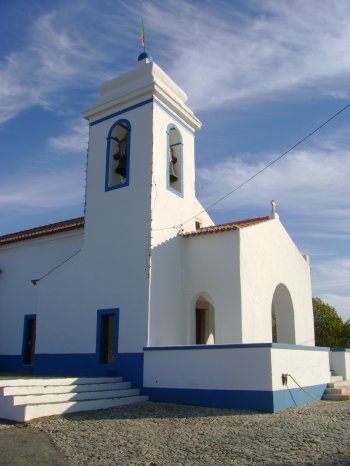
Igreja Paroquial de São Tiago
- heritage
Largo da Igreja
7150-363, Rio de Moinhos
This church has a rather simple white façade with blue finishing. The inside is entirely covered with murals representing Santiago’s life and its miracles. Aimed at the inhabitants of Rio de Moinhose it still possesses the former Calvary, a piece of work from the end of the XIII century.
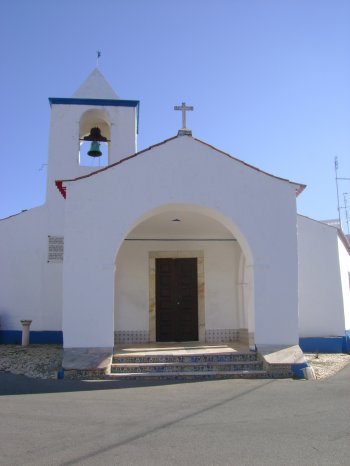
Antigo Celeiro Comum / Celeiro da Cultura
- heritage
Rua Fernão Penteado, 8
7150-128, Borba
This old barn of three ships that had no access through the ground floor, for if he thinks that would avoid the rat infestation. Currently works as a space of cultural dissemination, in charge of the City Hall.
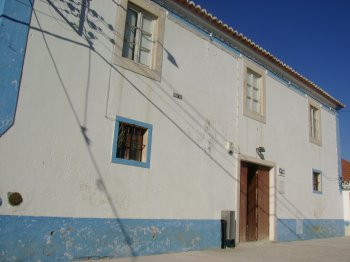
Ermida de Nossa Senhora da Vitória
- heritage
Rua de Nossa Senhora da Vitória
7150-344, Rio de Moinhos
Church founded by Dom António Luís Menezes, 3rd Marquis of Marialva, on the eve of the battle of Montes Claros and is thought to have assisted in the whole battle. The Portuguese and Spanish warriors who did not survive, this church was dedicated and were said daily masses in his honor, at the behest of Marquis.
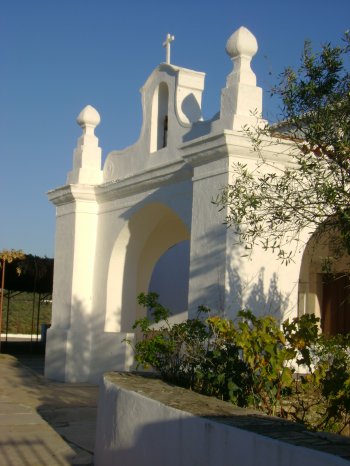
Antigo Lagar de Azeite
- heritage
Avenida 25 de Abril
7150-109, Borba
Probably, this building was part of the Town Hall, under the Windows of the elevations and the murals on the second floor. On the first floor is a former olive oil mill, made according to the Witness, Italian master model, whom the farmers of Evora asked what came, to better the quality of olive oil and using the best German and Portuguese machinery, made in Lisbon.
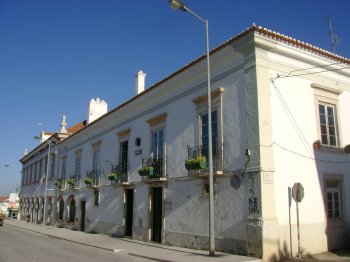
Padrão de Montes Claros
- heritage
Rio de Moinhos
7150, Borba
This is a Marble obelisk that highlights the Portuguese victory in the Montes Claros in 1665 with baroque abutment. It was rose by orders of D. António Luís de Menezes, Marialva Marquis on the location where the battle took place.
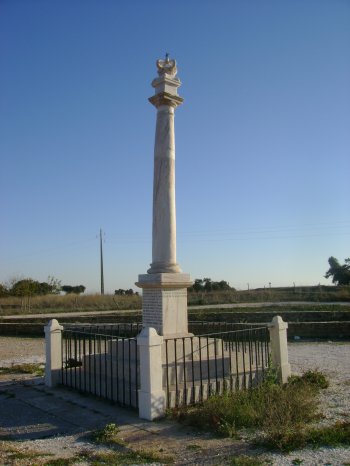
Padrão Comemorativo da Batalha de Montes Claros
- heritage
Rua de Nossa Senhora da Vitória
7150, Rio de Moinhos
The battle of Montes Claros was quite bloody, reason by which the Marquis of Marialva ordered the construction of this pattern is a kind of evocative poem of values such as peace and tolerance. The inscription can be seen that such devastation does not succeed in countries, Portugal and Spain. The altarpiece of the interior is white and black marble.
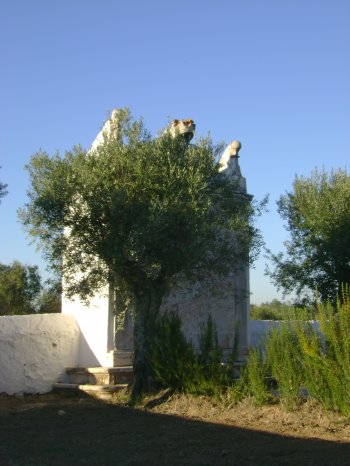
Capela de Santo António
- heritage
Rua de Montes Claros, 1
7150-133, Borba
Founded by the brotherhood of San Antonio, this Church had several farms, whose incomes were in favour of the artistic ornamentation. The Patron Saint can be seen in the sculpture erected in mud, in the pediment of the entrance. Has some marble altarpieces, designed by the architect José Francisco de Abreu and Angelic Velez.
